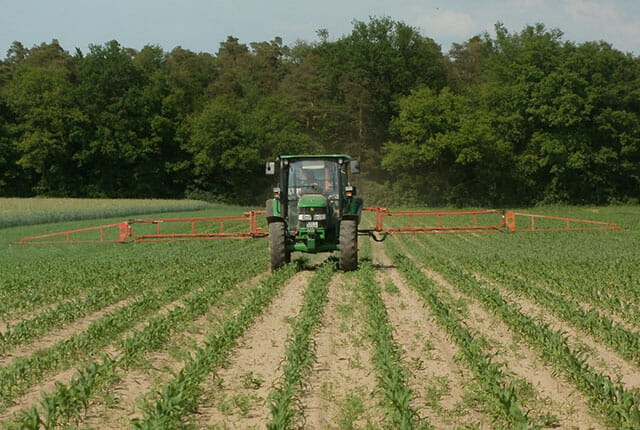
- July 18, 2022
- Attorney Matt Stoddard
- Defective Products
Among non-farmers, farming is often thought of as a peaceful, low-stakes career. Farmers themselves often tell a different story — as do the cold, hard statistics of the industry.
Aside from the demanding physical work, and the uncertainty that comes with shifts in weather, insect activity, disease, and other factors, agriculture has the tenth highest death rate of all civilian jobs. The vast majority of those deaths are caused by vehicle and equipment accidents.
While some of the challenges of farming may be inseparable from the work itself, there’s no reason farm equipment needs to be as dangerous as it is. Developing effective safety features and procedures is possible for any piece of industrial equipment to avoid defective products. Everyone who helps put machinery and human beings together to get a job done, from the designer of the machine to the on-site work supervisor, has a duty to do their part to make the work as safe as possible.
A Farming Research Station Worker Has Been Crushed by a Grain Elevator
On an afternoon in mid-June, Sumter County Fire Rescue responded to a call about a person pinned under heavy equipment at the Southwest Georgia Research and Education Center, or the “Plains Experiment Station,” as the department would later refer to it in their Facebook announcement.
When the rescue workers arrived, they found that Michael Bailey, an employee at the station, had been struck by a collapsing grain elevator. Coworkers had already managed to extricate him from underneath the elevator car, but he was unresponsive. Attempts to resuscitate him were unsuccessful.
The experiment station, operated by the University of Georgia, is intended to advance the agricultural industry by testing new technologies and methods. While their stated mission focuses primarily on enhancing yield, diversification, and sustainability for local farmers — all important things — safety should also be a priority in any discussion of agricultural technology.
Most likely, the collapsing grain elevator was not so much a subject of study as it was a tool in a larger research project. Regardless, an error must have been made in at some point in its design, manufacture, maintenance, or operation, to result in this tragedy.
Families Affected by Deadly Farm Equipment Can Often Sue for Wrongful Death
Agricultural employees, from farm workers to research workers, are entitled to a safe, healthy workplace, just like employees in any other industry. At a bare minimum, this means that heavy farming machinery needs to be able to stand up to normal use without dangerous malfunctions, and have safety features to protect users in case of common errors.
Treating farm equipment accidents as normal or unavoidable only slows down safety advancements and leads to more accidents.
When someone is killed while working for an employer, whether that means the University of Georgia or a private farm, the employer is usually immune to legal action. However, the family does have the right to collect a small settlement via worker’s comp, and to sue any negligent parties other than the employer.
In the case of Michael Bailey, and many others, those negligent parties might include a manufacturer of faulty equipment, or a third-party maintenance company that created or ignored the problem. In situations where the company that employs the victim does not own the land itself, the landlord may also share liability.
If you are Michael Bailey’s next of kin, or if you have also lost a loved one to a farm equipment failure, you can learn more about your options for justice in a free phone or chat consultation with The Stoddard Firm.

 Matt Stoddard is a professional, hardworking, ethical advocate. He routinely faces some of the nation’s largest companies and some of the world’s largest insurers – opponents who have virtually unlimited resources. In these circumstances, Mr. Stoddard is comfortable. Mr. Stoddard provides his strongest efforts to his clients, and he devotes the firm’s significant financial resources to presenting the strongest case possible on their behalf. Matt understands that his clients must put their trust in him. That trust creates an obligation for Matt to work tirelessly on their behalf, and Matt Stoddard does not take that obligation lightly. [
Matt Stoddard is a professional, hardworking, ethical advocate. He routinely faces some of the nation’s largest companies and some of the world’s largest insurers – opponents who have virtually unlimited resources. In these circumstances, Mr. Stoddard is comfortable. Mr. Stoddard provides his strongest efforts to his clients, and he devotes the firm’s significant financial resources to presenting the strongest case possible on their behalf. Matt understands that his clients must put their trust in him. That trust creates an obligation for Matt to work tirelessly on their behalf, and Matt Stoddard does not take that obligation lightly. [